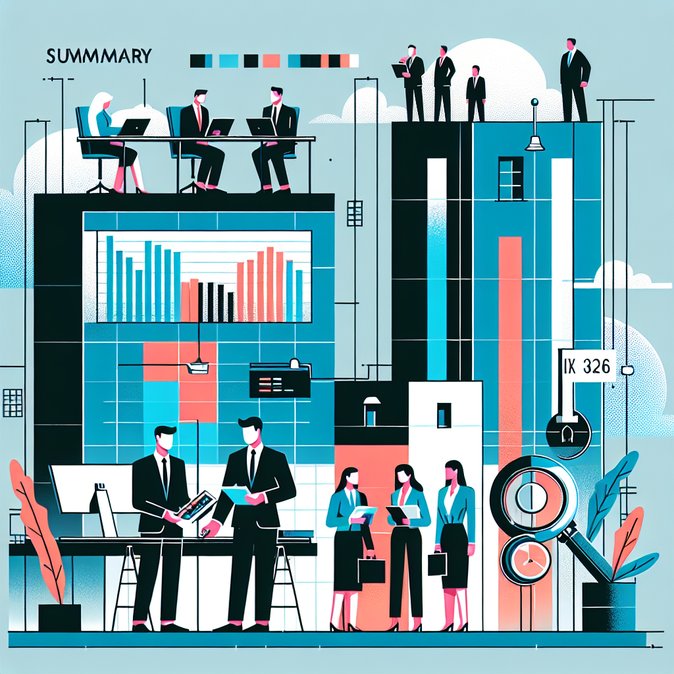
A Business Insider Polska deep-dive published on 23 November underscores how 2025 delivered the biggest overhaul of foreign-employment rules in a decade—digitising applications, boosting worker protections and, critics say, piling bureaucracy onto companies. HR practitioners interviewed note that electronic filing and tougher information duties have closed loopholes but created inconsistent practices across voivode offices.
Looking ahead, employers face three headache-inducing milestones in 2026: (1) expiration of the special Ukrainian protective act, which currently exempts more than one million displaced Ukrainians from standard work-permit quotas; (2) the salary-floor hike that automatically resets permit thresholds; and (3) an expected tightening of seasonal-work declarations.
![Polish Employers Brace for 2026 as Foreign-Worker Reforms Intensify]()
Legal consultants warn that once the Ukrainian safeguard lapses, companies will compete for a finite annual quota of work-permit slots unless the government intervenes. At the same time, draft secondary legislation may introduce stricter audits of “fictitious employment” and faster sanctions for employers that fail to notify non-commencement within seven days.
Some firms welcome the transparency gains—electronic filing gives real-time visibility of case status—yet smaller employers complain of steep learning curves and uncertainty over how to satisfy new notification duties. Industry bodies are lobbying for transitional guidelines and a grace period before penalties are enforced.
Practical tips from experts include: conducting an end-of-year compliance audit; mapping job families that rely on Ukrainian staff; budgeting for longer lead times on permit extensions; and training frontline HR on the new e-filing portal to avoid last-minute glitches.
Looking ahead, employers face three headache-inducing milestones in 2026: (1) expiration of the special Ukrainian protective act, which currently exempts more than one million displaced Ukrainians from standard work-permit quotas; (2) the salary-floor hike that automatically resets permit thresholds; and (3) an expected tightening of seasonal-work declarations.

Legal consultants warn that once the Ukrainian safeguard lapses, companies will compete for a finite annual quota of work-permit slots unless the government intervenes. At the same time, draft secondary legislation may introduce stricter audits of “fictitious employment” and faster sanctions for employers that fail to notify non-commencement within seven days.
Some firms welcome the transparency gains—electronic filing gives real-time visibility of case status—yet smaller employers complain of steep learning curves and uncertainty over how to satisfy new notification duties. Industry bodies are lobbying for transitional guidelines and a grace period before penalties are enforced.
Practical tips from experts include: conducting an end-of-year compliance audit; mapping job families that rely on Ukrainian staff; budgeting for longer lead times on permit extensions; and training frontline HR on the new e-filing portal to avoid last-minute glitches.


